Soon, New York may join California and Hawaii in banning single-use carryout non-biodegradable plastic bags. The proposed legislation (Senate Bill S8257) is up for review. If passed, we will take a first-step toward cleaning up plastic in our neighborhoods and waterways.
Let's start at the beginning—why ban the bags?
Plastic is everywhere and it is an environmental legacy we don't want.
Picture this. You are standing in a checkout line at a grocery store. A customer is unloading a cartful of groceries—fruits and veggies in small plastic bags; fresh fish placed in plastic, wrapped in paper and secured in a leak-proof plastic bag; bulk bin items in sandwich-sized bags; chicken wrapped in plastic and placed in another plastic bag. Following this is an escalating line of foods and goods—all packaged in plastic containers and wrappings. Then, the groceries are bagged in single-use carryout non-biodegradable plastic bags.
Ouch, right? I hope so—at least a little bit. I say this with humility because that was me a few years ago. As you read on, think about these widely accepted facts:
• Plastic bags cause litter, damage wildlife and enter our streams, lakes and oceans.
• They take from 10-1000 years to break down. Sunlight causes the bag to become fragile, eventually turning the plastic into microscopic granules that can enter the food chain and make its way to the top—to us.
• Plastic is most often made from high-or-low density polyethylene—fossil fuel derivatives. It takes about 12 million barrels of oil to meet production of 100 billion bags—the number of bags used and discarded yearly in the US.
• The average American family uses about 1,500 single-use plastic bags each year. Most are used for mere minutes with a lasting environmental impact.
The Dilemma:
Although banning plastic bags seems to be a simple answer to a big problem, it's not. The Senate bill is grounded in research and good intent. Yet, it raises important questions: What will we use if plastic bags are banned? Should we ask for paper with its own set of carbon footprint challenges? Can we re-pattern long-standing behaviors? Should there be a charge for bags at the point of sale?
While these questions (and more) need answers, the issue is moving us in the right direction—to be concerned and to find a solution. About a year ago, the NYS Plastic Bag Task Force issued their findings. Although the data are generally well received, they are encouraging us to question the issue and find the best approach. That's good.
Consider these 4-steps to help move us forward:
1. Become part of the solution. Learn as much as you can. Google ‘the problem with plastic bags’. Take National Geographic's pledge to stop using plastic. Watch Bag IT, a clever and informative documentary that follows an average American as he navigates our plastic world. Explore the Great Pacific Garbage Patch. Visit EPA's Trash Free Waters site and learn how to 'Unpackage Your Life.'
2. Reduce the number of plastic bags you use. Sounds easy, but it isn't. I began doing this ten years ago when my children sent me cloth bags and a heart-felt plea to stop using plastic. I was open to the idea, but it took a long time to break a habit that is socially acceptable. The key is patience and persistence. In three months, I began to take the reusable bags out of my house and put them into my car. It took another three months to establish another pattern—to remember to take the bags out of the car and into the market. Now, it's part of my daily life.
3. Know your alternatives. Cloth bags are attractive, economical, and they hold a lot. Bags like this wash easily—important to do on a regular basis. Most local markets sell reusable bags that work fine. A while back, one of our grocery stores began giving out a reusable bag to anyone buying organic food. Great idea! Better idea? Give one bag to each customer to jump-start the process.
4. Give yourself time to re-pattern your behavior. Consider these tips that may help you work quicker and smarter than I did:
• Think twice before you take a plastic bag.
• Keep reusable bags at home, in your office, in your purse, in your pocket (some are very small) and in your car.
• Try to reuse every plastic bag that is now in your home. Or, recycle them. Most grocery stores have a plastic recycle bin in the entrance. The goal is not to accumulate any more plastic.
• Taking out? Bypass the plastic carry out bag and bring your own.
• Line your household trashcans with biodegradable bags. I buy eco bags in cases, hoping that soon they will be available to all of us for no fee or a next-to-nothing cost.
• Tell local politicians you are concerned and encourage them to introduce legislation to ease the situation.
• Join a group working on this problem. Check out the local effort by Sustainable Saratoga.
• Most importantly, share your ideas, tricks and techniques. Help all of us do this better.
And then what?
That’s it. Change is a step-by-step process—the important thing is to take the first step. When we transform this behavior, we transform our future.
Darrice E. Kelley is a longtime Saratoga Springs resident and founder and principal consultant for EDUHealth Connections. Darrice can be reached at This email address is being protected from spambots. You need JavaScript enabled to view it..









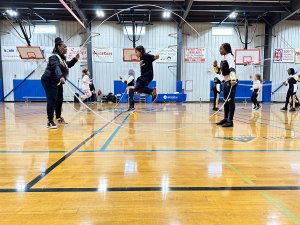


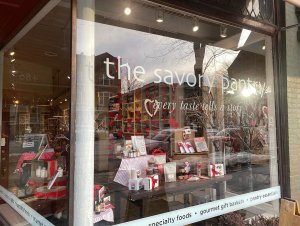


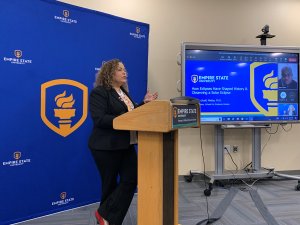
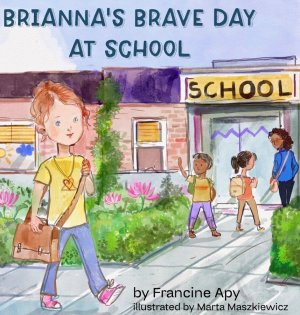


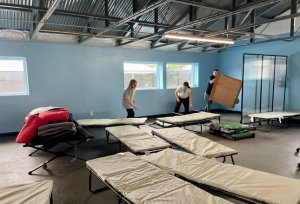







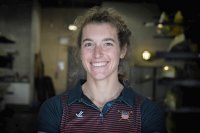
 How to resolve AdBlock issue?
How to resolve AdBlock issue? 









